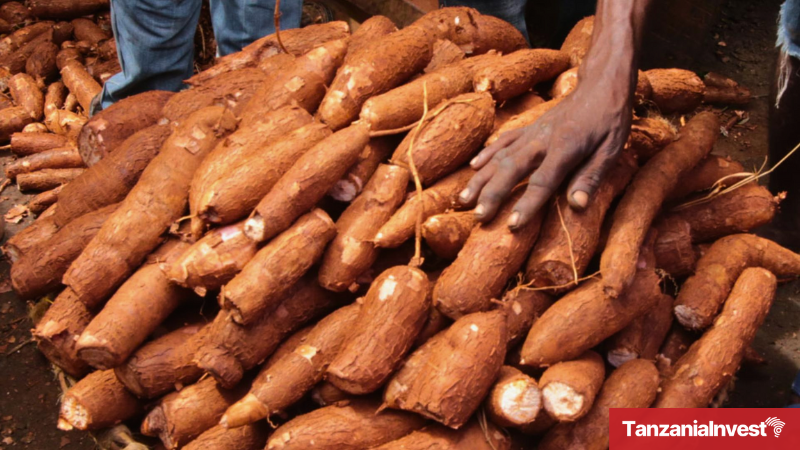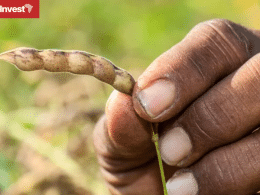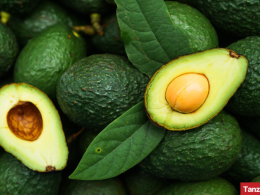The International Institute of Tropical Agriculture (IITA) and the Ministry of Agriculture have announced plans to accelerate cassava commercialization in Tanzania.
Cassava is the country’s second crop in production volume, with an average annual output of 6.3 million metric tons. It is also the third most important staple food after maize and rice, with about 1.9 million stakeholders involved across the value chain.
Despite its importance, the crop faces several constraints, including low-yielding seed varieties, limited use of improved technologies, low levels of investment, price volatility, and fragmented market information.
On 18 August 2025, IITA–CGIAR and the Ministry of Agriculture, led by Deputy Permanent Secretary Dr Stephen Nindi, met to discuss strategic plans to address these challenges and unlock the potential of cassava commercialization.
Project Coordinator Lembris Laizer highlighted four priority areas for growth: 1. strengthening regional markets, 2. import substitution, 3. industrial uses, and 4. seed enterprise development.
He noted that Tanzania currently exports 209,000 tons of dried cassava annually, valued at TZS 150 billion (USD 60 million), mainly to Burundi, DR Congo, Rwanda, South Sudan, and Uganda.
According to Laizer, improved drying facilities and aggregation infrastructure in strategic districts such as Kakonko could increase trade volumes by 24%, adding USD 4.8 million annually.
Laizer also emphasized import substitution opportunities. In 2020, Tanzania imported one million tons of wheat worth USD 231 million and 7,297 tons of starch worth USD 3.3 million.
Replacing just 10% of wheat imports with cassava flour could save TZS 57 billion (USD 22.8 million) each year. He further pointed to opportunities to engage breweries and bakeries in adopting cassava flour.
Dr Juma Yabeja, Senior Research Associate on seed systems, underlined the recent establishment of a certified cassava seed system through a network of over 1,000 cassava seed entrepreneurs nationwide. “Certified cassava seeds by the Tanzania Official Seed Certification Institute (TOSCI) increase farmer productivity by over 80%, yielding an extra 7.5 tons per hectare compared to using saved seeds,” he said.
Dr Nindi confirmed that in the 2025/26 budget, the Ministry has allocated resources for cassava commercialization. The support includes assessing industrial starch varieties through the Tanzania Agricultural Research Institute (TARI) and establishing cassava value addition centers in Kigoma.
These measures align with the National Cassava Development Strategy (NCDS 2020–2030), which aims to raise industrial processing capacity by 30% in major production zones by 2030.
“It is important to educate smallholder producers to adopt affordable, locally made technologies such as raised drying facilities to reduce post-harvest losses and contamination,” Dr Nindi stated. He also urged IITA to work with government institutions to train farmers on cost aggregation and financial management to reduce reliance on subsidies.
IITA Tanzania Country Representative Dr Frederick Baijukya stressed the need for stronger collaboration among stakeholders. “We need to strengthen our collaboration in sharing findings. Stakeholders have the same vision on cassava but face a collaboration challenge,” he said.
Dr Nindi expressed the Ministry’s appreciation for IITA’s contributions, noting that their work is vital for achieving NCDS 2020–2030 targets and positioning cassava as both a food security and industrial crop.
IITA and the Ministry of Agriculture confirmed their commitment to work together in advancing cassava commercialization and strengthening its role in Tanzania’s economy.










